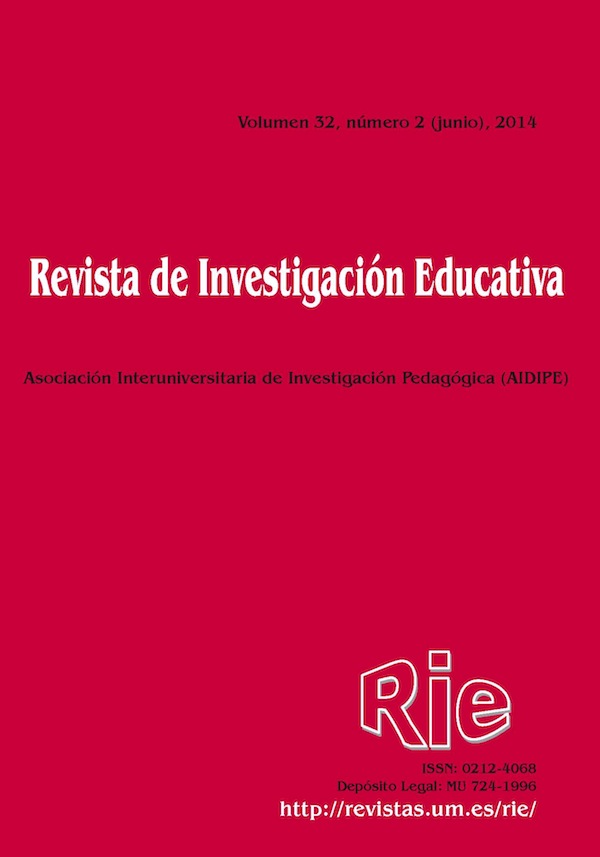Learning approaches of catalan university students measured with the approaches and study skills inventory for students (ASSIST)
Supporting Agencies
- ARrELS - Augmented Reality in Adaptive Learning Management Systems for All Ministerio de Economia y Competitividad. (TIN2011-23930)
Abstract
The aim of this study is to measure the psychometric properties of a Catalan translation of the Approaches and Study Skills Inventory for Students (ASSIST), and to analyse the different learning styles used by university students, considering the influence of gender and type of studies. The instrument was administered to 834 students at the University of Girona. The results showed that most students interviewed had a deep approach to learning, although the analysis by gender showed that females tended to use a more strategic approach, while males used a deep approach predominantly. As to whether the type of studies influenced learning styles, a prevalence of deep approach was found among Science and Technology students, while a more strategic approach was found among Humanities and Education students.
Downloads
-
Abstract584
-
PDF (Español (España))659
The articles and scientific documents published in RIE abide the following conditions:
1. The Servicio de Publicaciones de la Universidad de Murcia (the publisher) has the property rights (copyright) of all the documents published and allows the reuse under the user’s license indicated in point 2.
2. All documents are published in the digital edition of RIE under a Creative Commons Reconocimiento-NoComercial-SinObraDerivada 4.0 Internacional. (legal document) license. These documents can be copied, used, distributed, communicated and explained publicly if: i) the author(s) and its original source of publishing (magazine, publisher and URL of the document) are cited; ii) it is not used for commercial purpose; iii) the existence and the specifications about this license are mentioned.
3. Auto-archive’s conditions. The authors are allowed and encouraged to digitally distribute the pre-print versions (a version before evaluation) and/or post-print (a version that it is already evaluated and accepted to its publication). This promotes circulation and distribution earlier and can increase the citations and significance within the academic community.










